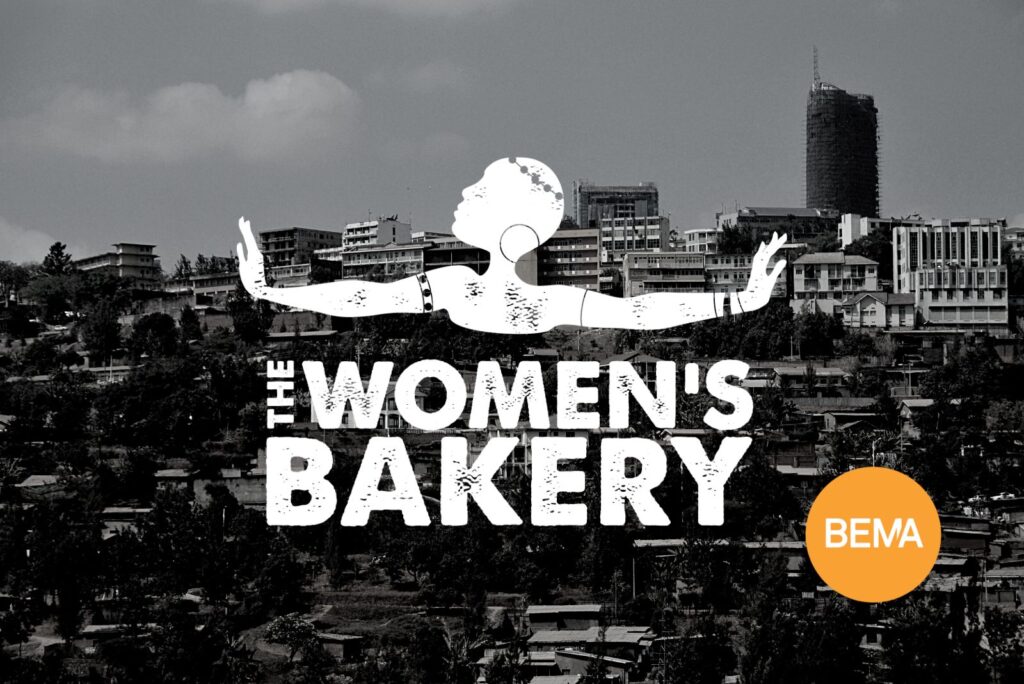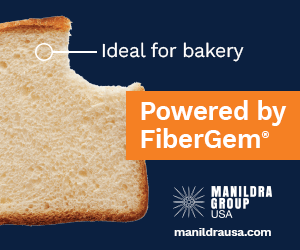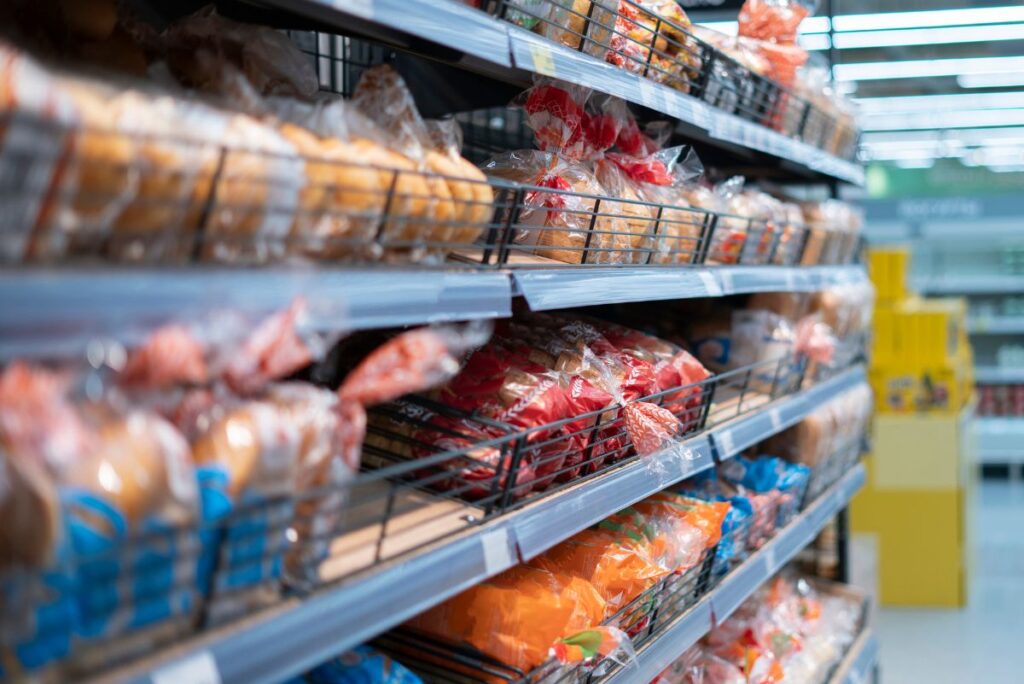SAN DIEGO, CA — The multi-year relationship between BEMA and The Women’s Bakery — a social enterprise focused on educating, employing and empowering women in several bakeries across Rwanda, Uganda and Tanzania — continued at BEMA’s 2022 Convention.
On Thursday, June 24 at the San Diego, CA, event, Pauline Kariuki, director of operations at The Women’s Bakery, shared the organization’s story and her own.
Raised in Nairobi, Kenya, Kariuki grew up as one of five children in a two-room house. Through the sponsorship of a charity, she was afforded an education and an opportunity that she said would have stunted her life.
Kariuki initially worked in a bakery full-time to support herself through college. Her skills and interests in addition to her baking background led her to work in sales and operations in the baking industry for 18 years. The Women’s Bakery offered her the perfect scenario to use her skills to give back.
“In my adult life, I have had this desire to give back. And when I found out about The Women’s Bakery, this was it,” Kariuki said. “This was the perfect opportunity where I could give back through my life skills and experience while not sacrificing my personal and professional growth.”







